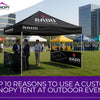Aluminum Frame vs. Steel Frame Canopy Tents – Which Is More Durable?

If you have found yourself in a situation where you are trying to choose between an aluminum and a steel frame, and finding it difficult to choose the best option for you? Then you are in the right place. Well, you are not alone. Choosing the right frame can make a big difference. Steel frames are no doubt a great option, but they are a little heavier than the frames. On the other side, aluminium frames are lightweight and durable, and suitable for those who do not have a large team for the setup.
Some people want something super sturdy. Others want a frame that won’t weigh them down every time they set up. That’s where aluminum and steel come in. These two materials are the top choices for tent frames, each with its strengths and trade-offs. Let’s talk through both options so you can make the right decision for your event setup.
What Makes a Frame Durable?
Before comparing aluminum and steel, it's helpful to understand what makes a frame durable. A durable frame can withstand stress, support weight, and resist damage from wind, rain, and sunlight. It should also hold up over time, even after many setups and take-downs. Durability isn’t just about how strong the material is. It also depends on how heavy it is, how well it resists rust, and how easy it is to maintain.
Aluminum Frame Canopy Tents
Aluminum frames are popular due to their lightweight nature and resistance to rust. These tents are easy to carry and set up, which is great if you move from event to event. Even though aluminum is lighter than steel, it can still be strong, especially when it’s made with thick tubing and good construction.
Aluminum does not rust like steel. Instead, it forms a thin layer of aluminum oxide that protects the frame from corrosion. This makes aluminum an excellent choice for outdoor use, especially in humid or rainy areas. The lighter weight also makes these tents easier to handle if you’re working alone.
However, aluminum can bend or dent more easily than steel, especially if it’s thin or if the tent is used roughly. While many high-quality aluminum tents are very sturdy, cheaper ones may not hold up as well over time.
Pros of Aluminum Frames
- Lightweight and easy to carry
- Rust-resistant and suitable for wet climates
- Easier to set up and transport
Cons of Aluminum Frames
- May bend or dent more easily
- Often more expensive than steel
Steel Frame Canopy Tents
Steel is famous for its strength and does not rust easily. Although these steel frames are slightly heavier, they excel at handling heavy weights. That’s why they are too good where the wind is more common.
Unlike aluminum, steel can rust if it's not protected. Mostly custom canopy tent frames are coated with powder or paint to prevent rust. However, over time, if the coating becomes scratched or damaged, rust can begin to form. That means you have to be more careful about keeping your tent clean and dry when not in use.
However, the weight of the steel requires volunteer help to carry, which is also considered a downside when you are setting up the tent alone. It is a good choice for a business that sets up the tent for extended periods.
Pros of Steel Frames
- Very strong and sturdy
- Handles rough weather and heavy use well
- Usually costs less than aluminum
Cons of Steel Frames
- Can rust if not cared for properly
- Heavier and challenging to carry
- Takes longer to set up and take down
Which One Lasts Longer?
If we’re talking purely about strength, steel is the winner. It can take more pressure and is harder to bend. However, when it comes to long-term use, aluminum may last longer if it’s kept clean and undamaged. Why? Because it doesn’t rust. Even after years of use, an aluminum frame can still look good and work well, especially if it’s made from quality materials.
Steel frames last a long time, too, but only if you protect them from rust. If you let moisture sit on the frame or don’t dry it before storing, rust can slowly weaken the metal.
In short, both materials are durable, but they need different care. Aluminum holds up better in wet environments, while steel performs better under heavy weight and in high winds.
What’s Better for Outdoor Events?
For outdoor events, consider the location and how frequently you’ll use the tent. If you’re in an area with frequent rainfall or near the ocean, aluminum is a better option because it resists rust. If you’re dealing with wind or you want a tent that won’t move around easily, steel may be a better choice.
If you frequently host events and often move your tent, aluminum makes your life easier because it’s lighter. But if you set up in one spot and want something heavy-duty, steel can give you peace of mind.
Price Differences
Steel tents are usually cheaper. This makes them a good option if you're on a tight budget. You get strong material without spending too much. Aluminum tents tend to be more expensive, especially if you require a high-quality frame. But the higher price often comes with better portability and rust protection.
When considering price, ask yourself: Do I want something substantial and budget-friendly, or do I prefer something lighter and easier to move that will last longer in the rain?
Conclusion
Aluminum and steel both offer durability in their ways. If you're looking for something easy to carry, rust-resistant, and suitable for travel, an aluminum frame canopy tent is a great choice. If you need something solid, strong, and durable enough for harsh weather, a steel frame might be a better option.

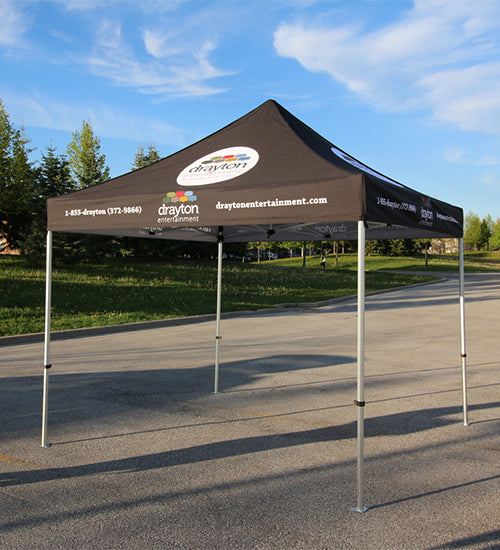
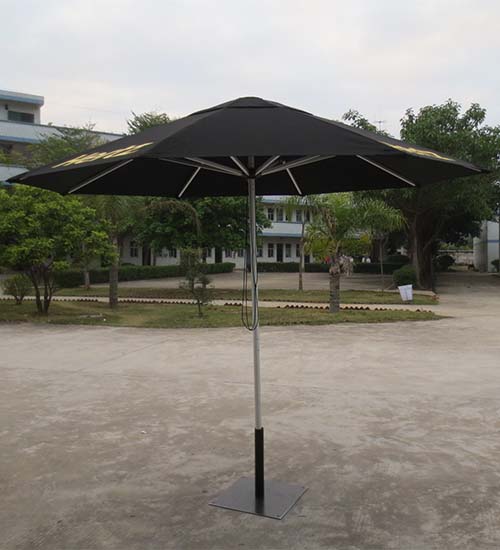
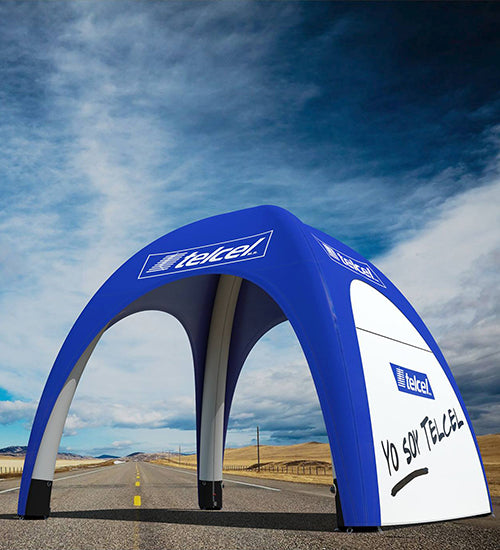
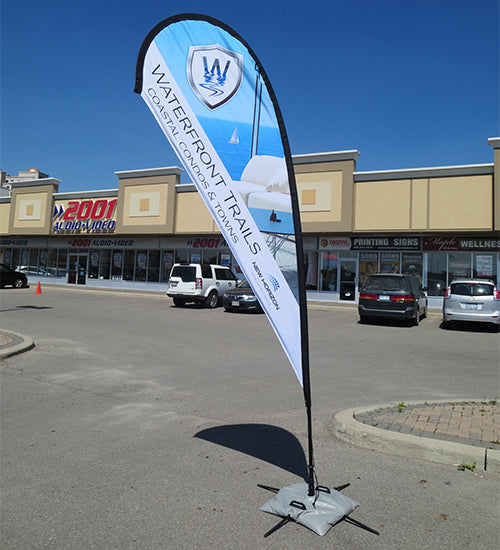

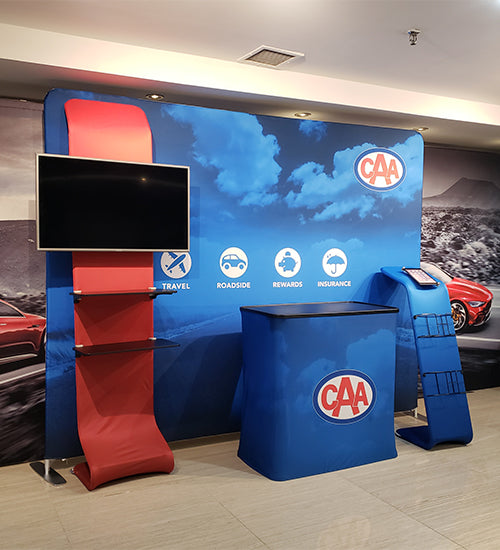
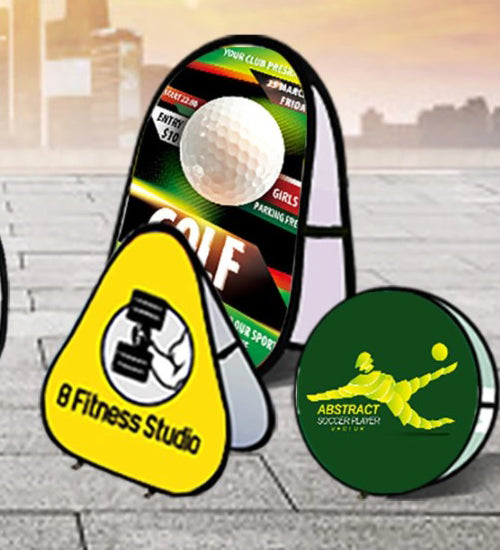
 UPLOAD FILES
UPLOAD FILES


